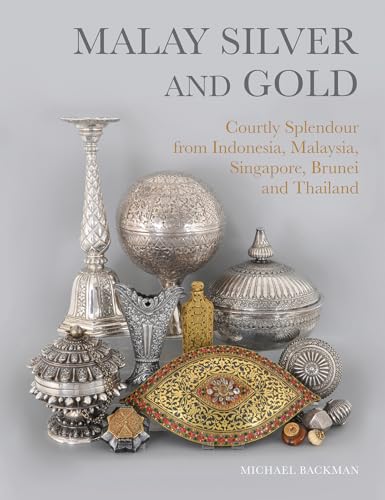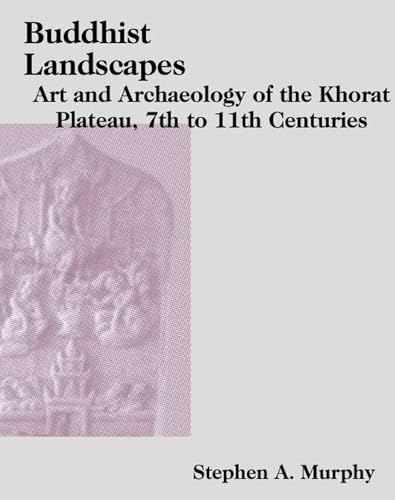via Khmer Times, 12 March 2024: While Thailand is eagerly anticipating the reopening of the border to Preah Vihear, a proposal to permanently close the Thai entrance from the Cambodian side has sparked a debate, touching on preservation, diplomacy, and local economies. Advocates argue that closure is essential for safeguarding the temple’s integrity, aligning with global heritage protection efforts. However, concerns about potential diplomatic strains with Thailand, economic impacts on local tourism, and the broader implications for international cultural heritage collaboration are key considerations. A balanced approach, emphasizing dialogue, sustainable tourism, and innovative preservation strategies, is advocated to navigate these complex issues.
The temple, situated atop a cliff along the Cambodia-Thailand border, has faced numerous challenges throughout its existence. Historical territorial disputes and damages incurred during armed conflicts have highlighted the vulnerability of this sacred site. The call for closing the entrance from Thailand is seen as a proactive measure to shield the temple from potential risks and secure its longevity for future generations.
Proponents of the closure argue that prioritizing the temple’s preservation aligns with broader global efforts to protect cultural heritage. They emphasize the collective responsibility of nations to collaborate in safeguarding these shared legacies. The closure is seen as a necessary step to mitigate the impact of political tensions and potential damages that could arise from external factors.
However, the proposal carries significant diplomatic implications, as it involves an international border. Closing an entrance from one country may strain relations between Cambodia and Thailand. Striking a balance between preserving cultural heritage and maintaining positive international ties becomes a delicate task. The global implications of how nations collaborate in safeguarding shared treasures are at the forefront of this debate.
Opponents of the closure raise concerns about potential economic and diplomatic repercussions. They argue that the temple’s accessibility from both countries contributes to tourism, which in turn supports local economies. Closing the entrance may lead to a decline in tourism, affecting businesses and livelihoods in the surrounding areas. Balancing the economic impact with the imperative of heritage preservation becomes a crucial aspect of this proposal.

























